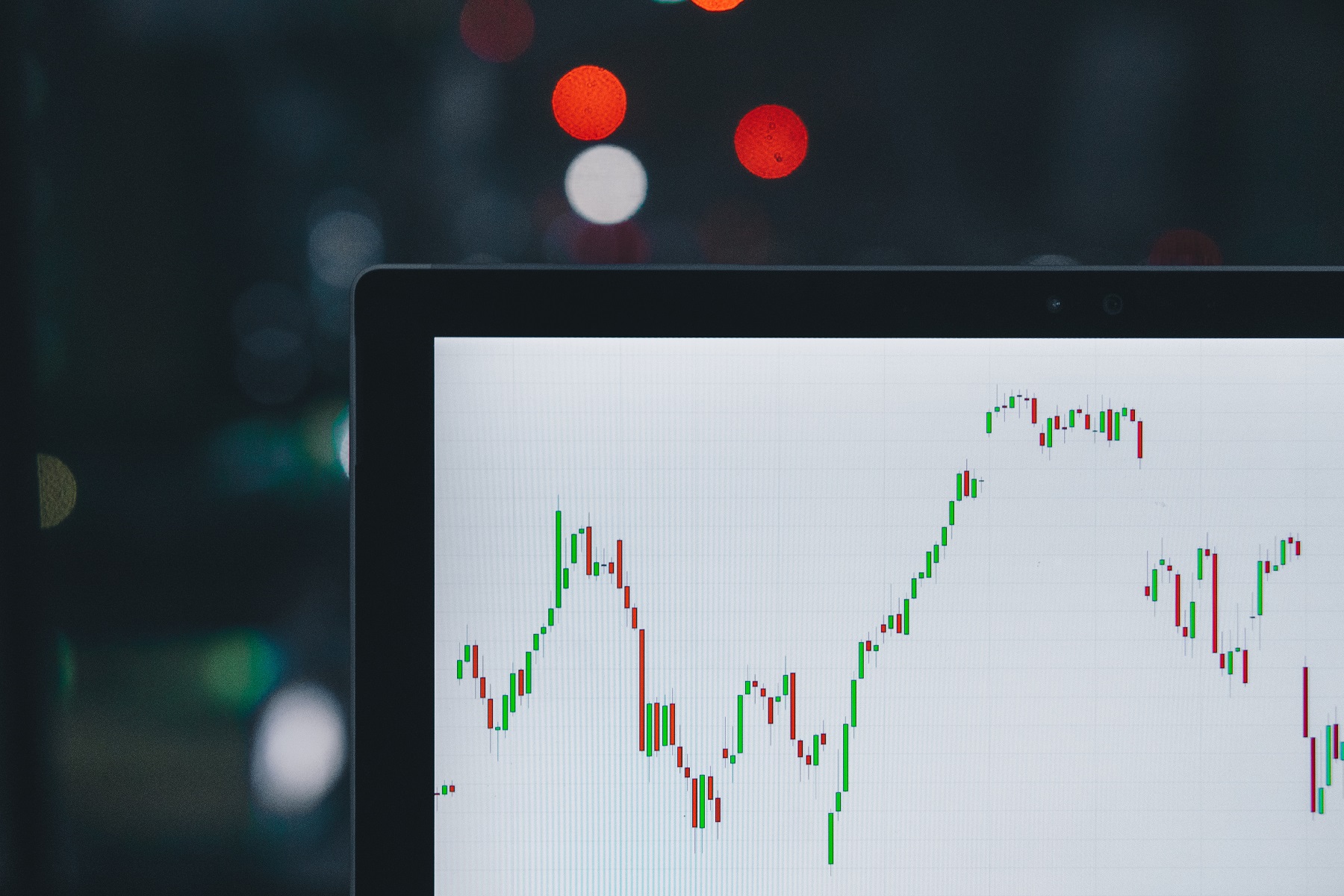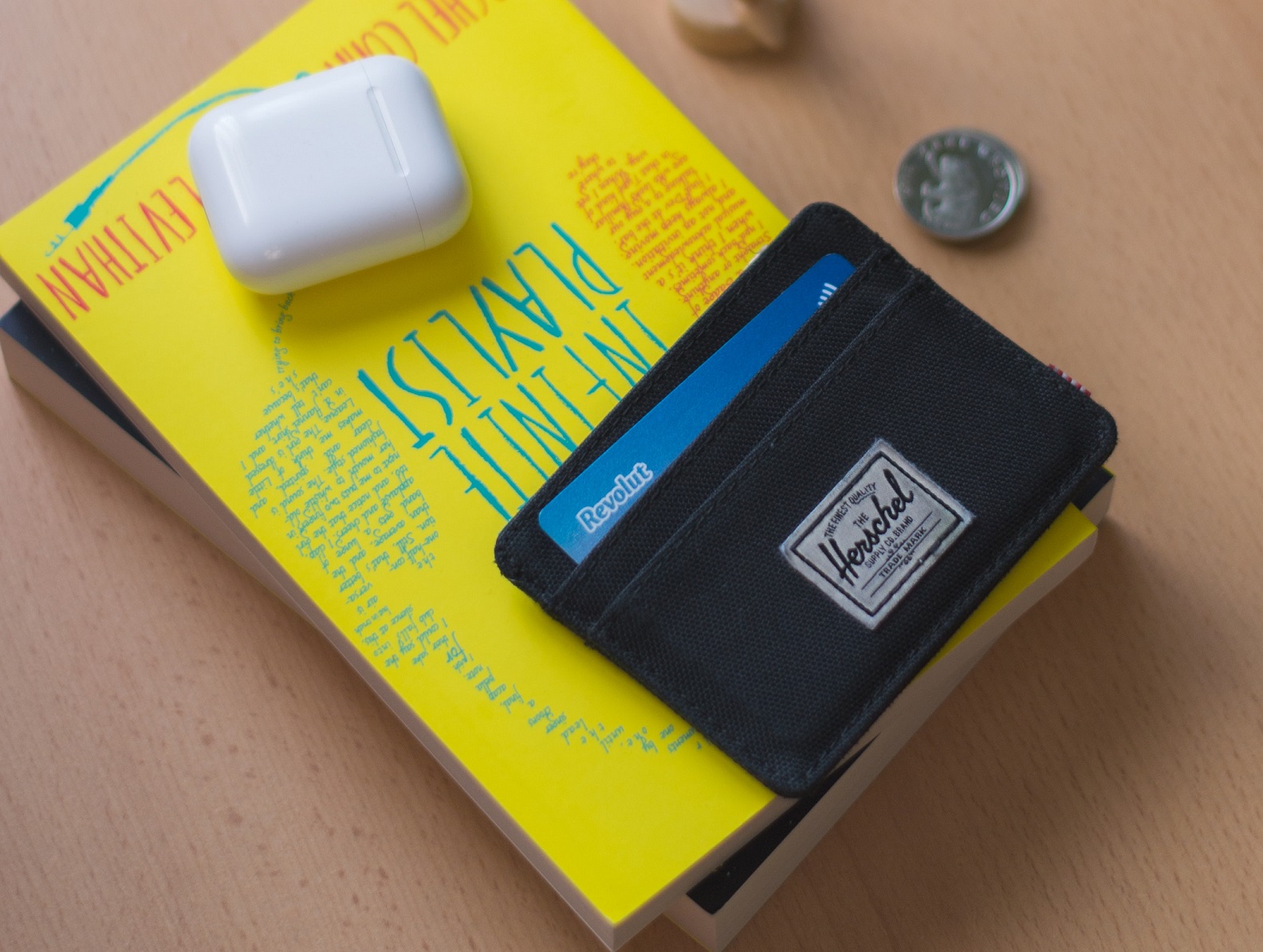New York-based cryptocurrency exchange Gemini has announced new support for AUD, providing Australian traders with the ability to buy and sell cryptocurrency — including LINK — without costly exchange rates.
Announced on August 17, the new Australian Dollar support will allow Australian users of the market-leading cryptocurrency exchange to deposit AUD directly to Gemini wallets. The announcement follows the integration of three new currencies earlier this year, Orchid, Dai, and Chainlink — the last of which has recently experienced a stratospheric rise in value.
Gemini Expands Aussie Trader Access to Chainlink
Until recently, it’s been relatively difficult for Australian traders to trade AUD directly for altcoins — or cryptocurrencies that are not listed within the top 10 cryptocurrencies by market cap. Very few Australian cryptocurrency exchange platforms provide users with the ability to exchange AUD for Chainlink (LINK), for example — with exceptions such as Aus/NZ-based Easy Crypto.
Chainlink’s continual climb into double-digit values has captured the attention of cryptocurrency traders and investors around the world, justifying the efforts of long-term supporters of the LINK token who refer to themselves as “Link Marines.”
What is Chainlink, and What Does it Do?
Chainlink is primarily concerned with interoperability between blockchain networks and the “real world,” described as a “framework for building decentralized oracle networks that give your smart contract access to secure and reliable data inputs and outputs.”
While that may sound complex, the core rationale behind it is relatively straightforward — Chainlink aims to bridge the gap between the blockchain networks that cryptocurrencies operate on and real-world data.
Chainlink can be used, for example, to enrich the use of smart contracts — immutable contracts built on blockchain networks. While smart contract technology presents unique use cases, such as the rapidly-growing decentralized finance industry, Chainlink’s oracle technology opens the door to blockchain-based identity, internet of things applications, the insurtech industry, or medical data.











